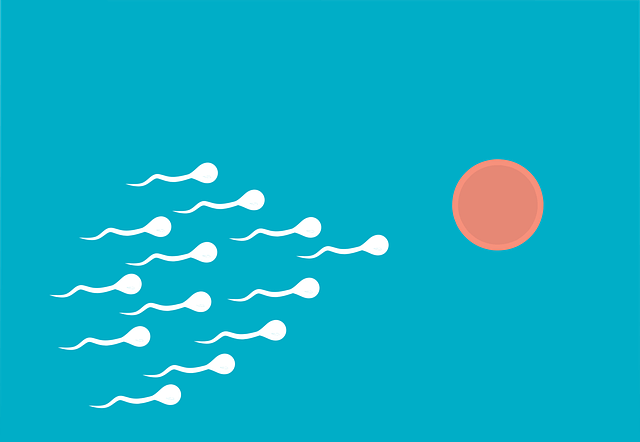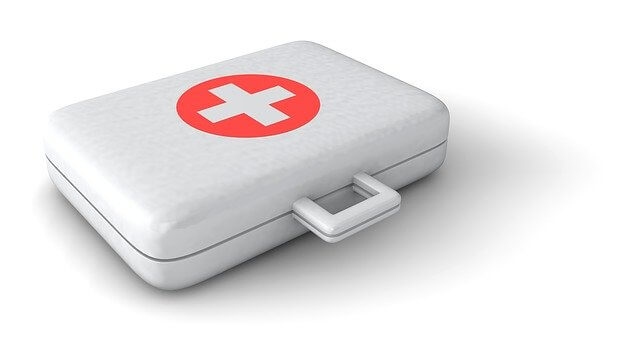
The use of donor eggs and sperm in IVF is usually frowned upon by couples.
That’s why we asked Dr. Hrishikesh Pai of Babies & Us Fertility IVF & ICSI Centre, an excellent IVF center from Mumbai, to explain donor gamete IVF to you.
IVF is a blessing for numerous childless couples attempting to begin their families, as it allows them to realize their pursuit of becoming parents.
While most couples enter their doctor’s clinics with a basic understanding of IVF, others are taken aback by the process, especially when donor gametes are involved.
Contrary to popular belief and myth, donor eggs and sperm are not used in IVF procedures.
Instead, they’re used only when the couple’s eggs or sperm aren’t good enough to make an embryo.
“Donor gametes should be used judiciously and only in cases where they are required,” says Dr. Hrishikesh Pai of Babies & Us Fertility IVF & ICSI Centre, a leading IVF center in Mumbai.
So, who needs donor sperm and eggs?
Dr. Hrishikesh Pai has the answers for you
Dr. Hrishikesh is also listed as among the best IVF specialists in Mumbai by platforms such as Practo and Clinicspots.
Who needs donor eggs?
If you’re young and have a healthy ovarian reserve, there’s a good chance you won’t need donor eggs for IVF.
In some cases, however, using someone else’s eggs is the only way to proceed with IVF.
According to Dr. Hrishikesh Pai of Babies & Us Fertility IVF & ICSI Centre, Mumbai’s best IVF center, the following signs point to a donor egg IVF cycle for you:
- You are above 45 years
- You have premature ovarian failure
- You have poor egg quality
- You have a low ovarian reserve
- You have had numerous unsuccessful IVF cycles
- Genetical conditions run in your lineage
Who requires donor sperm?
When the male companion’s gametes cannot be utilized to make an embryo, donor sperms are required, just as donor eggs are.
According to Dr. Hrishikesh Pai of Babies & Us Fertility IVF & ICSI Centre, Mumbai’s wonderful IVF center, there are some situations in which donor sperm is required to achieve an IVF pregnancy:
- You have azoospermia or a complete absence of sperm and are not willing to opt for ICSI.
- You have a significant genetic defect
- You have had numerous failed IVF cycles
- You want to conceive without a male partner
But where do donor eggs and sperm come from?

Dr. Hrishikesh Pai explains, “Fertility hospitals solely acquire donor gametes from ART banks, and general donors—either for sperms or eggs —are not permitted.”
When you go in for donor IVF, you will be given some information about the donor to help you make an informed decision.
“The couple is given non-specific information about the donor, such as height, weight, skin color, educational qualifications, and medical history (including HIV/AIDS status),” he says. On the other hand, the donor’s identity is kept anonymous, and no personal information about the donor is shared at any cost.
What are the success rates of donor gametes in IVF?
According to Dr. Hrishikesh Pai, “donor egg or sperm is associated with a higher success rate in treating infertility.” According to studies, couples who undergo a donor egg IVF cycle have a 50 to 60% chance of becoming pregnant on their first try—a figure rises to 90% with multiple shots.
“However, it’s important to remember that donor age is the most critical factor in an IVF cycle’s high success rate. However, the recipient’s endometrial preparation and the embryo’s quality are also essential factors, “he continues.
Is there a disadvantage to using donor gametes?
It is undeniable that using donor eggs and sperm has numerous advantages. They can, however, pose a few risks in some cases.
“A large number of research papers demonstrate that donor egg IVF has a significantly higher risk of preeclampsia, fetal growth restriction, and preterm birth than self egg IVF,” says Dr. Hrishikesh Pai.
Should you try IVF with donor gametes? What Dr. Hrishikesh Pai, of Babies & Us Fertility IVF & ICSI Centre, Mumbai’s, concludes:
“Even in complex cases, the world is moving toward self egg/sperm IVF thanks to recent developments and new technology.
Unless donor gametes are the last resort, I encourage couples to have their genetic child. “He concludes.
KEY HIGHLIGHTS